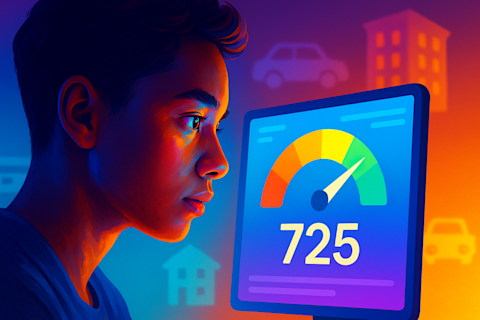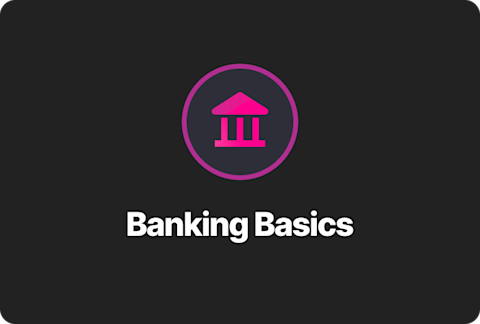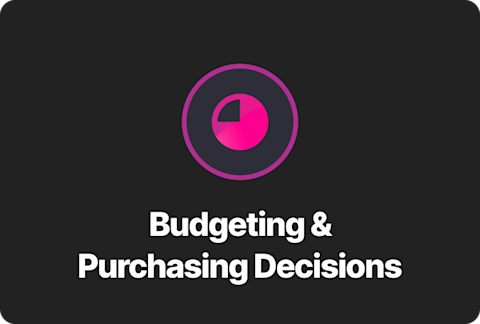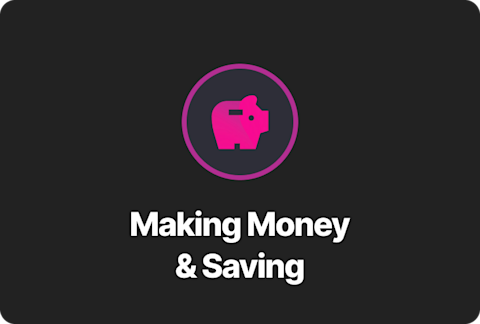Do Paying Student Loans Build Credit? Here's What You Should Know

Student loans often feel like a burden, but they can also help you build something incredibly valuable: your credit. Whether you’re still in school or already making payments, your loans are more than just debt—they’re one of the first tools you have to build a strong financial foundation.
This guide breaks down how student loans impact your credit score, how to use them to your advantage, and what to watch out for so they don’t end up doing more harm than good.
Does Paying Student Loans Build Credit?
Yes, paying student loans builds credit—as long as your payments are on time and your lender reports them to the major credit bureaus.
How Student Loans Affect Your Credit Report
Student loans are reported as installment debt, meaning you borrow a fixed amount and pay it off in monthly installments. This helps establish a credit history and shows lenders you can handle long-term responsibilities.
Your student loan affects your credit through:
Payment history – On-time payments are the biggest factor in your credit score.
Credit mix – Having more than one type of credit (like a loan and a card) makes your profile stronger.
Account age – The longer you keep an account in good standing, the more it helps your score.
Making On-Time Payments to Build Credit
Consistent, on-time payments are what really move the needle. Even if you’re still in school, making small monthly payments—when possible—can start building your score early.
How to Build Credit with Student Loans
What Type of Student Loan You Have Matters
Federal and private loans both show up on your credit report. Federal loans are generally easier to manage and come with better protections, and yes, federal student loans do build credit because they’re reported to all three major bureaus.
Private loans also impact your credit, but they usually carry higher interest rates and fewer safety nets if you miss a payment.
How Long-Term Loan Behavior Builds Your Profile
Credit scores improve over time. When you make consistent payments for years, you show lenders you can handle responsibility. That history pays off when you apply for future credit—like an apartment lease, car loan, or credit card.
Student loans can strengthen your profile by contributing to your credit age and repayment history—two major trust signals for lenders.
What Happens When You Pay Off Student Loans?
Paying Off Student Loans and Your Credit
Paying off a student loan feels like a win—and it is. It lowers your overall debt load and proves you followed through on a major financial commitment. Just keep in mind, your score might dip slightly after the loan closes since it reduces your account mix and average age. It’s temporary and nothing to stress over.
Do Paid Off Loans Stay on Your Credit Report?
Yes—paid-off student loans typically remain on your credit report for up to 10 years. That’s a good thing if you’ve made payments on time, because lenders still see that positive history.
Make sure the account is marked “paid in full” or “closed in good standing.” That signals that you completed your repayment successfully, which builds long-term trust.
How to Increase Credit Score with Student Loans
Tips for Using Student Loans Strategically
Want to use your student loans to improve your score?
Here’s how:
Make every payment on time.
Avoid deferment or forbearance unless you truly need it.
Contact your loan servicer early if you’re struggling—there’s often flexibility.
Being proactive is better than ignoring your loans and risking a late payment.
Don’t Rely on Loans Alone — Combine Credit Tools
Student loans help, but building credit is easier when you use more than one tool. Consider adding a secured credit card to build credit to your mix—just make sure it fits your budget and you can pay it off each month.
The Risks – What Happens If You Don’t Pay?
The Impact of Missed Payments and Default
Missing a payment by more than 30 days could drop your score significantly. After 90 days, your loan becomes delinquent. After 270 days? It’s in default—and that’s when things get serious.
Your entire balance becomes due. You might be sent to collections. And your credit score? It could drop by over 100 points.
Long-Term Credit Damage
A student loan default can stay on your credit report for seven years, making it harder to rent an apartment, get a job, or qualify for any kind of loan. The good news is you’re not stuck. Federal loan rehabilitation or consolidation can help you bounce back. But it’s always easier to stay on track than fix the damage later.
Use Student Loans as a Credit-Building Tool
Student loans aren’t just debt—they’re an opportunity. When managed wisely, they can help you build the credit score you need to move forward in life.
Whether you’re just starting repayment or still figuring it out, Step is here to help you take control. Our credit building app is designed to support your journey from day one—with tools to build credit early, track your score, and stay on top of your money.
Ready to level up your credit while paying down student loans? Open a Step account today and build a score you can feel proud of.









